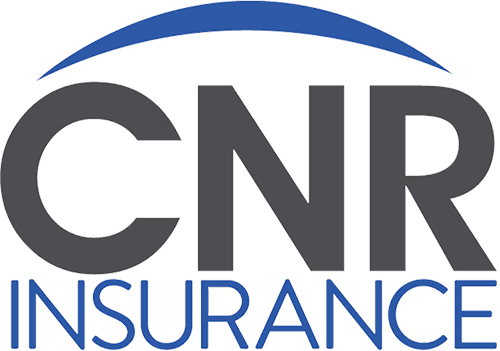December 2011 – If someone you don’t know well gives you a check – or what appears to be an Erie Insurance check – and asks you to send or wire some of the money back, don’t do it. It’s a scam.
Erie Insurance is investigating reports of counterfeit checks. Several consumers across the country reported receiving fake ERIE checks as payment for employment, services or merchandise advertised online. The checks are in excess of the amount offered to the individual. Consumers are directed to deposit the check and wire or send the difference to a third party. Consumers should not deposit the checks but report them to Erie Insurance’s Fraud Program at the number listed below.
“We received several recent reports of consumers being approached online about potential employment as a body guard or for personal protection services,” says ERIE Corporate Security Supervisor Gene Robertson. “This appears to be a variation of an overpayment scam that is often used to victimize individuals. A few years ago, it was payment for participating in fashion, talent or modeling activities.”
How can you protect yourself? Double-check the check, Robertson advises. “Never accept what appears to be an Erie Insurance check as payment for anything that you sell online without verifying with us that the check is legitimate.”
If you cash a counterfeit check, you are responsible for the money. Your bank or credit union will deduct the amount from your account. Victims typically lose $3,000 to $4,000, according to the Consumer Federation of America.
“We’ve seen this pattern over the years and unfortunately people are losing money,” says Robertson. “Fraud is constantly evolving, so be on your guard. Remember, if the offer seems too good to be true, it probably is.”
More information is available through:
- The National Consumers League, which describes phony check scenarios on its Web site, www.fakechecks.org, and offers tips for recognizing and avoiding fake check scams at www.fraud.org.
- The Consumer Federation of America and its Web site, www.consumerfed.org/fakecheckscams.
If you have any questions or if you think you have received a fraudulent check, contact ERIE’s Fraud Program Administration Specialist Jeremy McFadden at (800) 458-0811, ext. 2377.

